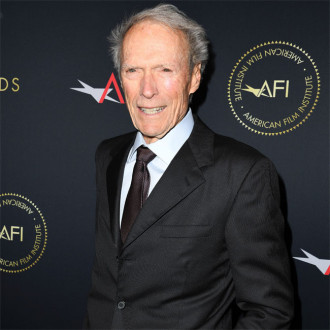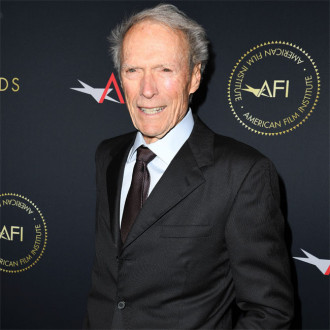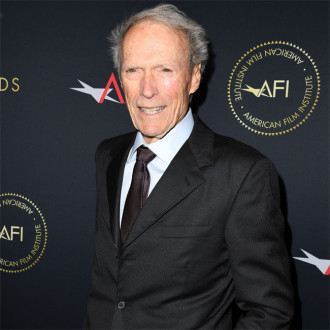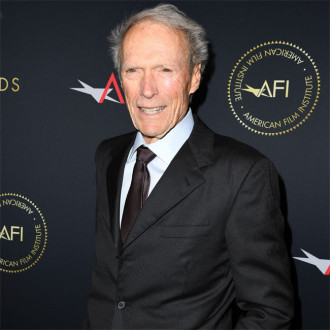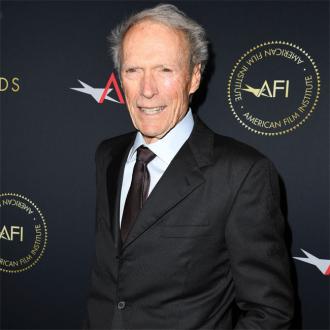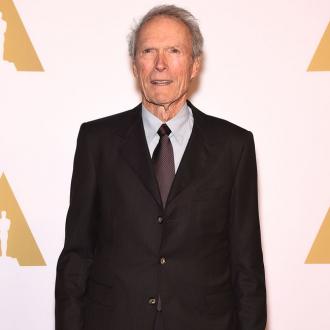Page 2 - The Top 10 Movies Directed By Clint Eastwood
By George Percival in Movies / TV / Theatre on 12 June 2014
Million Dollar Baby (2005) With Eastwood returning to his dual responsibility of actor and director, Million Dollar Baby is the inspirational tale of a boxing coach (Eastwood) who attempts to train a young female boxer, played by Hillary Swank, turning her from an amateur into a hardened professional. On the face of it, Million Dollar Baby seems like a standard tale of overcoming adversity, but it is told with such majesty and accomplishment by Eastwood that it comes as no surprise that the film was awarded with four Oscars, leaving Eastwood’s mantelpiece devoid of any space. Seventy-five years old at the time of production, Eastwood here proves that he is still capable of disseminating some truly mesmerizing works of cinema. It continues the themes of redemption that have remained prevalent throughout much of Eastwood’s work, as his character attempts to achieve this notion through the training of Swank. It’s a measured movie, told by characteristic grace by Eastwood and fully deserving of its accolades. More: Read Our Review Of Million Dollar Baby Letters From Iwo Jima (2006) In Eastwood’s most audacious and grand-scale outing, the director simultaneously produced two films centred on the supremely bloody and desperate battle for the Japanese controlled island of Iwo Jima during the closing acts of World War II. With each film told from the perspective of either side, Letters From Iwo Jima, told from the Japanese point of view, carries more enduring qualities than its sister film Flags Of Our Fathers. Both films are enacted with a stunning poignancy, but the Japanese perspective provides an insight into the war, and specifically the regular Japanese troops, that is traditionally absent from American war films. Letters From Iwo Jima is alive with such intimate humility, it makes the carnage of the spectacular battle scenes all the more break-taking in their relentless and unceasing destruction of the once beautiful island. Eastwood’s decision to focus on the personal stories of these soldiers posits a pertinent attempt at highlighting how humility endures during such monstrous destruction. It also helped Eastwood pick up yet another Oscar, a habit whose recurrence seems to have only increased with Eastwood’s advancing years. More: Read Our Review Of Letters From Iwo Jima Gran Torino (2009) Perhaps the Eastwood film most deserving of an Oscar that was never granted a look in, the film masterfully assembles elements of drama, comedy, action to illicit varying waves of emotional response from the audiences. Eastwood plays a cantankerous Korean War veteran whose prized possession, a 1972 Gran Torino, is desired by a group of local youths. The films plays out with Eastwood seething with hatred and racism and ends with his opinions on the world lightened somewhat, although in ways vastly different from a standard liberal parable. Eastwood excels as the menacing curmudgeon, who resembles every flawed hero Eastwood has ever played rolled into one. It’s a no frills expose of the American man in a changing society that reaches a conclusion without any notion of overwrought redemption and devoid of the violent justice Eastwood was once so renowned for.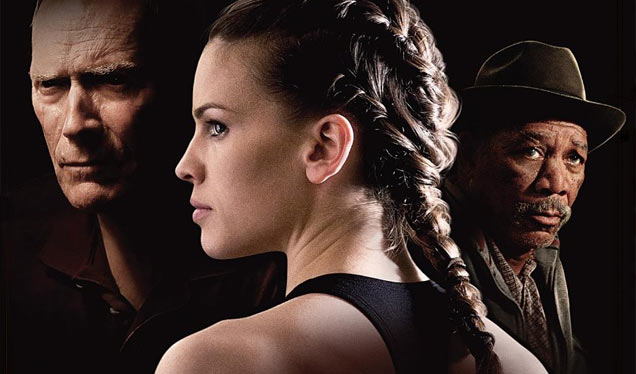
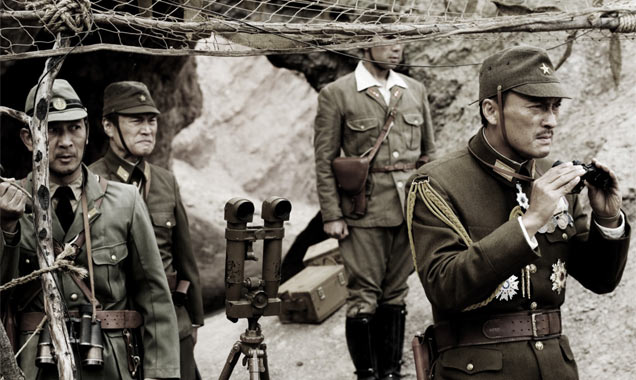
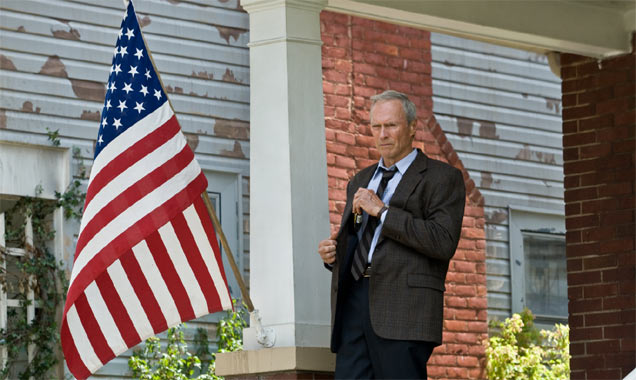
Contactmusic
Movies and Trailers
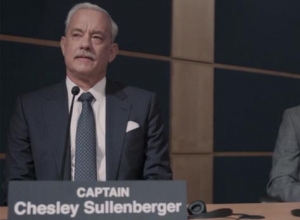
Sully Trailer
Chesley Sullenberger has been a pilot all of his adult life. Having had an interest...
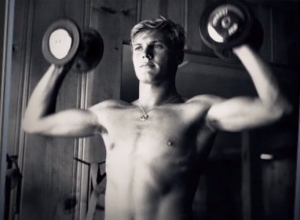
Tab Hunter: Confidential Trailer
Tab Hunter was America's Boy Next Door in the 1950s, attracting a large female following...

American Sniper Movie Review
Once again, director Clint Eastwood lurks in the background, springing a stunningly atmospheric thriller on...

American Sniper Trailer
What would you do when your own morals come into direct confrontation with your duty...

Jersey Boys Movie Review
Music-lover Clint Eastwood adapts the long-running stage musical for the big screen with mixed results:...
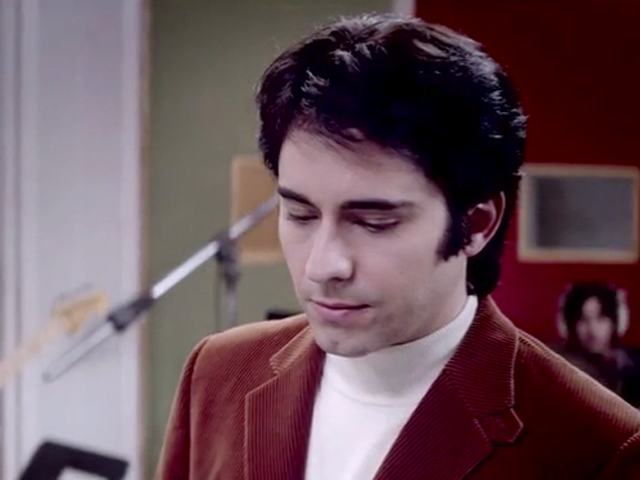
Jersey Boys Trailer
The Four Seasons was one of the most adored rock bands of the sixties with...

Milius Movie Review
A biography of iconic filmmaker John Milius, this engaging documentary features some of the biggest...
Advertisement

Trouble With the Curve Movie Review
With beautiful but bland direction and a script that can't help but overstate everything, this...

Trouble With The Curve - Trailer Trailer
Gus Lobel is one of the most formidable baseball talent scouts around, however his age...

J. Edgar Movie Review
Exquisitely designed and directed, with finely tuned performances that shine even through some heavy make-up,...

J. Edgar Trailer
Anna Marie Hoover, like any mother, knew that her young son, John Edgar, would grow...

Hereafter Movie Review
Eastwood's skilfully unrushed direction merges with Morgan's astute, thoughtful screenplay to create a thoroughly unusual...

Hereafter Trailer
What becomes of the human soul after our time in this life had ended? A...
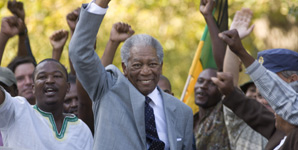
Invictus Trailer
Watch the trailer for Invictus Throughout the early to mid 1990's South Africa remained a...
Advertisement
